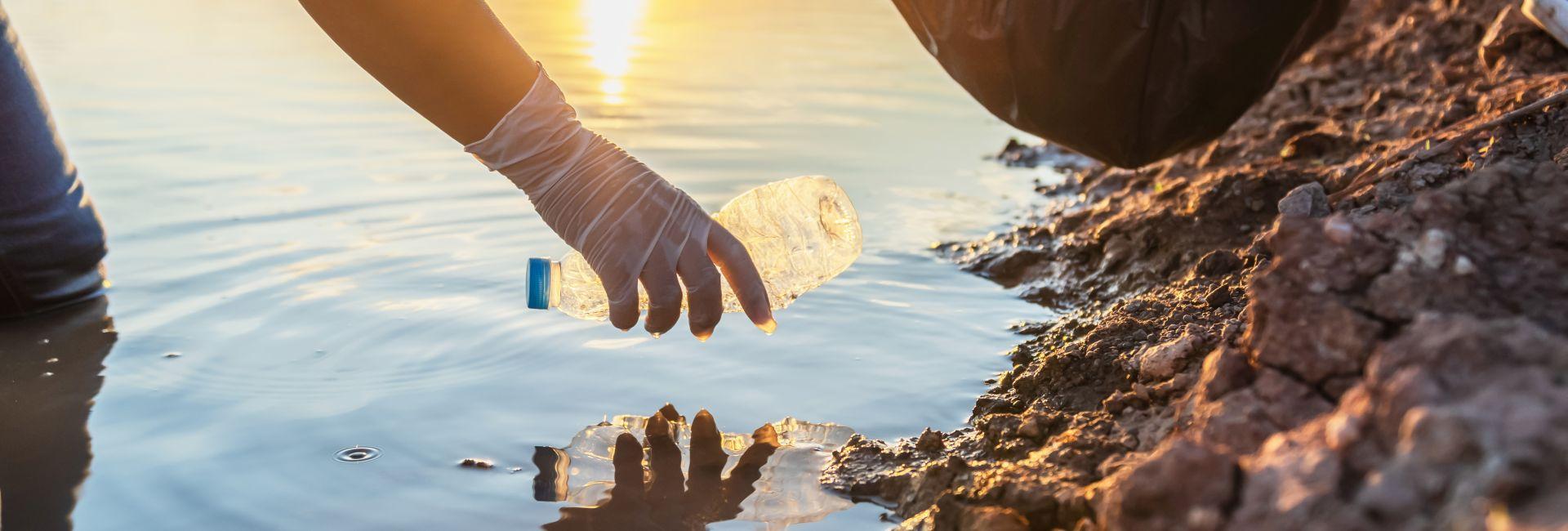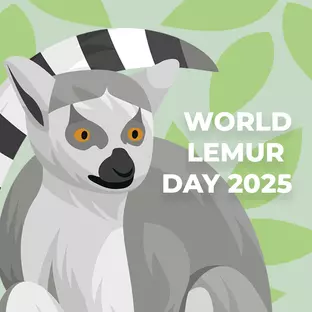On the 16th September, a global effort will take place to tackle one of the most severe threats our ocean faces. International Coastal Cleanup day has so far seen nearly 12 million people unite in solidarity to help clean our oceans! The day is dedicated to raising awareness of the importance of keeping our oceans free of waste and preserving the mammals and marine plants for future generations.

There are over a million different species of animals and plants in our oceans, but due to factors such as pollution and overfishing, many of these species are now under threat. 80% of marine pollution comes from land-based activities, so it is crucial we act now to protect the wide variety of dazzling marine life in our beautiful oceans.
However, it is not just an array of kaleidoscopic marine biodiversity that depend on our oceans, humans do too! Scientists agree that there is oxygen provided from ocean plants in every single breath we take, and so we are sure you can imagine the detrimental impact that ocean pollution has on the world’s entire ecosystem. This day is the perfect opportunity to unite as one and make a difference for all.

Why should you get involved?
The facts about ocean pollution are shocking, and unfortunately, many people aren’t aware of just how serious the problem is. Did you know that for every square mile of ocean, there are 46,000 individual pieces of plastic litter? If this amount of waste was outside our house or on our streets, we’d do something about it… it shouldn’t be any different just because it’s in the ocean! This same plastic litter absorbs toxic chemicals, and any mammals that then eat this litter are subsequently poisoned. Recent figures estimate that over one million seabirds and 300,000 dolphins and porpoises die each year from ocean pollution. This shocking trend must come to a halt.
Marine animals often mistake plastic garbage for food. This garbage can often block the breathing passages of species such as whales, dolphins, seals, puffins and turtles. Plastic six-pack rings for drinks cans can also choke marine animals. In recent times, there was a video trending on Facebook of a poor sea turtle who had a straw stuck in its nostril, and a helpful boatman luckily managed to remove the straw. However, this process was clearly painful and distressing for the poor little fellow, and people, this is just a prime example of the direct consequences of our actions! We have featured the video below, but readers please be warned that you may find it upsetting.
Not only animals are harmed by ocean pollution, but also marine plants. These plants are vital to our very way of life, they produce 70% of the oxygen we breathe. Let’s make a change and start taking care of something that humans indefinitely rely on!
One of the biggest battles we face is making sure everyone knows the amount of rubbish that pollutes our oceans. For the problem to be tackled successfully, we need to develop a worldwide understanding. Just because we can’t see the problem, it doesn’t change the fact that this sinister threat exists everywhere beneath the waves. All types of marine life and plants are feeling the effects of human pollution, and it is vital we make a change.

How can you get involved?
Getting involved in International Coastal Cleanup Day is so simple: all you need to do is go to your local beach with your friends and help clean up! Show your support on social media, and share your experience by tagging The Great Projects in your posts. The more people that know about Coastal Cleanup Day, the better!
If you want to go even further, here at The Great Projects we have a wide variety of different projects you can get involved in focused around life under the sea and where you will play an invaluable role in marine conservation. You can view these projects on our website!

Not only will you volunteer knowing you’re making a difference to our planet’s oceans, but you’ll meet like-minded people like yourself and have the experience of a lifetime.




















